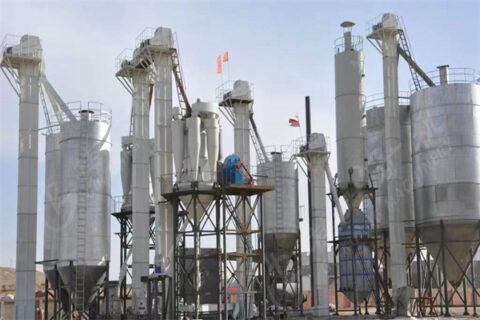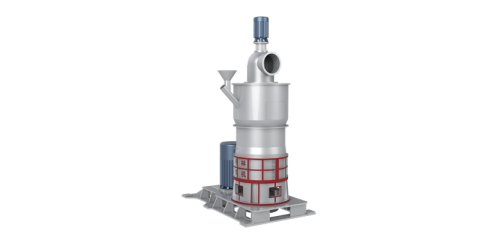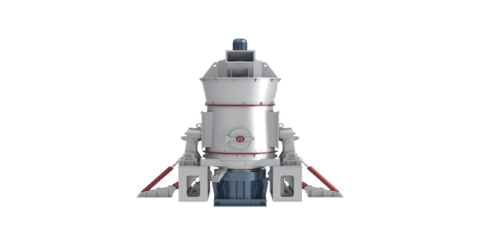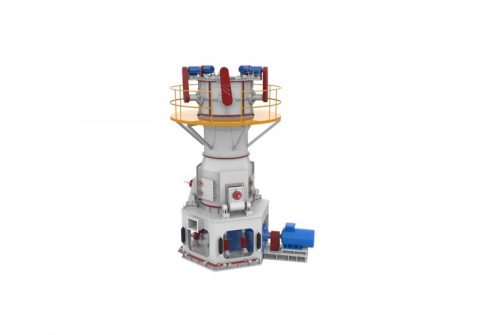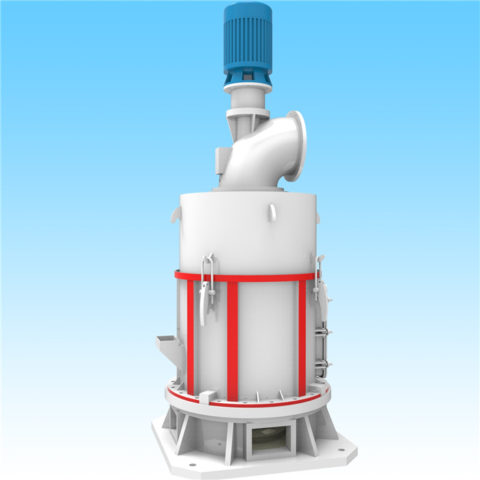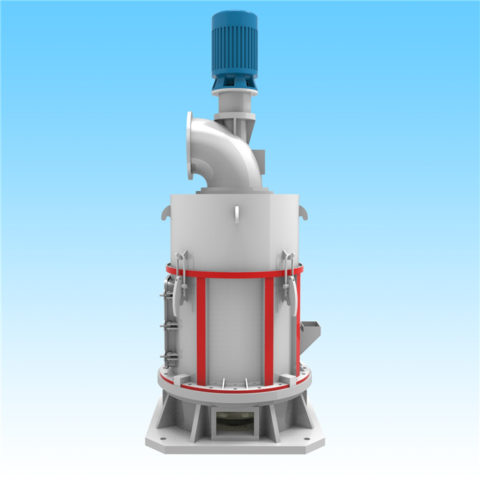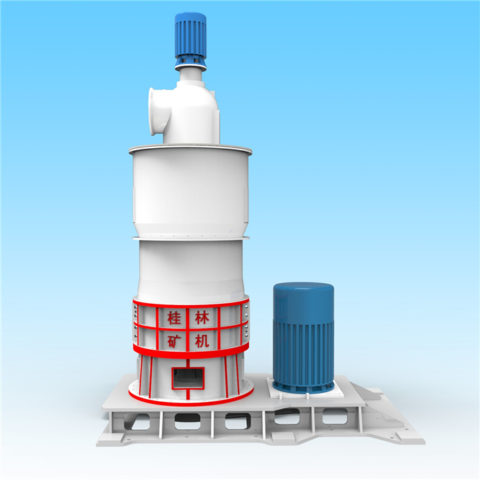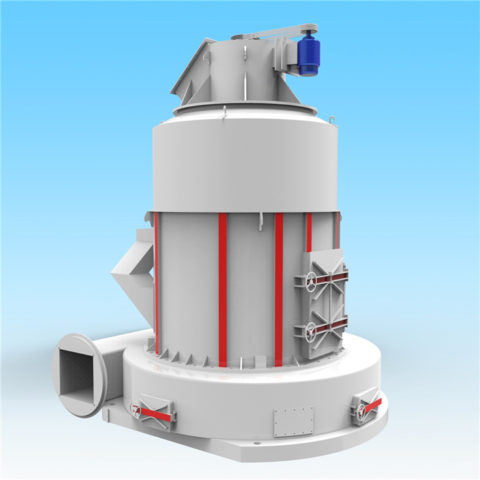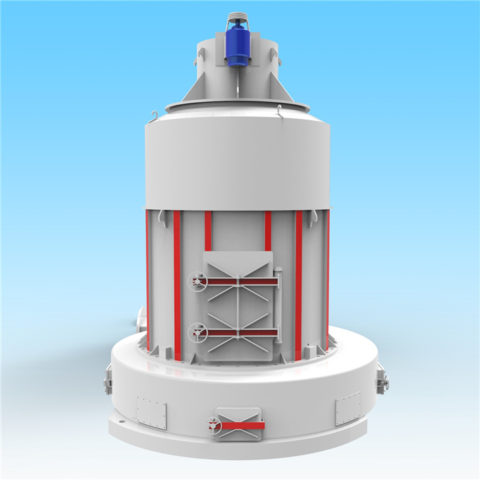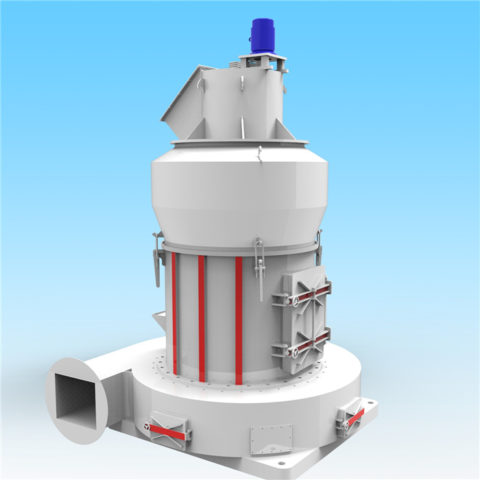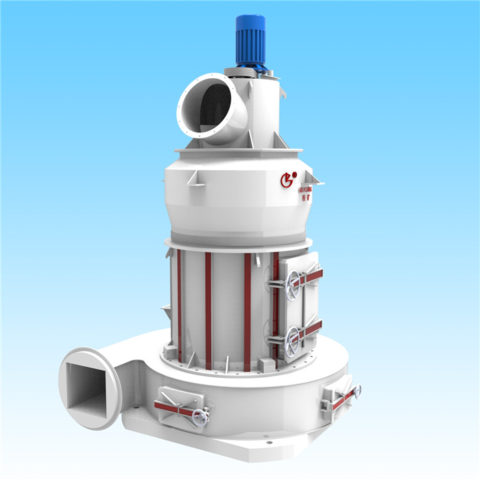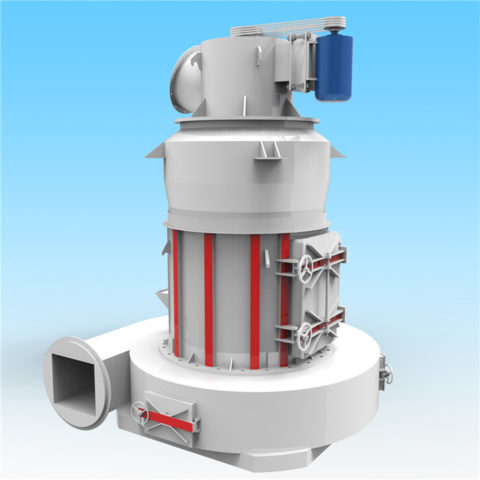Here’s an overview of its features and benefits for a copper ore processing plant:
Key Features of Ball Mill:
►Energy Efficiency: The ball mill consumes less energy due to its optimized design and advanced technology.
►High Capacity: It handles large volumes of material, making it suitable for large-scale copper ore processing.
►Grinding Fineness: The ball mill can grind copper ore to various sizes, suitable for subsequent flotation, gravity separation, or leaching.
►Durability: Built with wear-resistant liners and high-quality components, ensuring long service life.
►Flexibility: It can handle wet or dry grinding processes, depending on the plant’s needs.
Specifications:
►Grinding Media: Steel balls or rods that crush the copper ore.
►Output Size: Adjustable to the desired particle size.
►Capacity: Ranges from small to large, depending on the model and plant requirements.
Application:
In a copper ore processing plant, the ball mill is used in combination with other equipment like classifiers, flotation machines, and thickeners to process copper ore into a final concentrate or copper metal.
Specific Technical Details Of The Ball Mill
►Model Options: The ball mill is available in various models with capacities ranging from a few tons per hour to hundreds of tons, allowing for scalability based on plant needs.
►Power Consumption: Depending on the model, power consumption ranges from 185 kW to 1250 kW, making the mill energy-efficient for high-capacity copper ore processing.
►Grinding Medium: Steel balls of various sizes are used to achieve the desired particle size. Typical ball diameters range from 20mm to 100mm, depending on the ore’s hardness.
►Feed Size: The ball mill can handle copper ore particles up to 25-50 mm in size, which are gradually reduced to fine powders for further processing.
►Output Fineness: The mill is adjustable to achieve output particle sizes between 0.074mm to 0.4mm. This is especially important for optimizing the downstream processes like flotation or leaching.
►Continuous or Batch Operation: It can operate in both continuous and batch modes, depending on plant flow design and throughput needs.
►Wet or Dry Grinding: Adaptable for both wet and dry grinding processes, based on copper ore characteristics and desired concentrate grade.
Other Equipment Options For Copper Ore Processing
To complement the Ball Mill, the following equipment is typically used in copper ore processing plants:
1. Jaw Crusher
Jaw crusher is used as the primary crusher to break large copper ore blocks into smaller fragments.
Jaw crusher can crush up to 500 tons per hour, depending on the ore hardness and crusher size.
Its output size typically ranges from 40mm to 300mm, preparing the material for secondary grinding in the ball mill.
2. Spiral Classifier
Spiral classifier is used in combination with the ball mill to classify ore particles by size for further processing.
Spiral classifier enhances grinding efficiency by returning oversized material to the ball mill for further reduction.
Single, double spiral, and high weir spiral classifiers are available depending on the copper ore particle size distribution.
3. Flotation Machine
Flotation machine is used after grinding to separate copper concentrate from ore based on its chemical properties.
Flotation machines can mix copper ore with water and chemicals, then pump air in to form bubbles that selectively cling to copper particles, which are then skimmed off for further refining.
Flotation helps obtain high-grade copper concentrates, with recoveries exceeding 85%, depending on ore quality.
4. Thickener
Thickener is used to concentrate the copper slurry by removing excess water, creating a thicker material that is easier to process in the later stages.
Thickener can increase slurry density, improving subsequent filtration or drying stages.
5. Rotary Kiln / Dryer
Rotary kiln is used for drying the copper ore concentrate after flotation. A rotary dryer removes excess moisture before sending the material to the smelting or electrorefining process.
Its capacity ranges from small-scale dryers handling a few tons per day to industrial systems capable of drying 200 tons or more.

